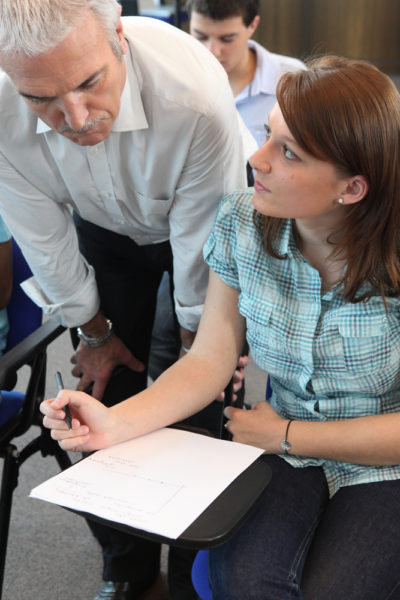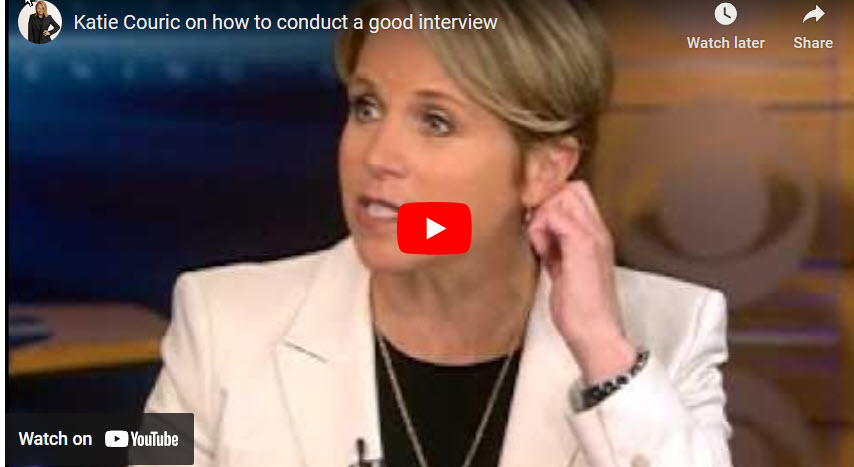Choosing an A&P professor
Your instructor has the final decision about what grade you get in Anatomy and Physiology. You are thinking “I know that!” So, does it not make sense to do the best job you can in evaluating the list of possible instructors before you sign up for the class?
Learning styles vs. teaching styles
Your learning style is probably not exactly the same as that of everyone else. In fact, we all differ a lot in our learning styles. Instructors often use the teaching style in which they learn best – but that approach may not be the best for you.
How do you best learn? Is the ‘why’ of the ideas being presented very important to you? Do you learn better when the latest ideas are presented as historical development and refinement of earlier concepts? Or maybe you like to get in the lab and learn by handling the actual parts and pieces. Do you enjoy a challenge? Do you learn best by doing things yourself or by watching other people doing things?
One fun way to optimize the match between your own learning style and the teaching style of your instructor is to interview course instructors before you sign up for the class. Maybe you have already registered in an anatomy and physiology section. That is OK. You still have plenty of time to interview your instructor before classes begin and adjust if necessary.
How to schedule an interview
The steps in how to schedule an interview are important. The first thing you need to do is check in with the department’s secretary. Department secretaries have a wealth of information that they like to spread. Say that you would like to schedule appointments to talk with the instructors for next term’s anatomy and physiology sections. The secretary will know who is teaching and how to schedule your appointments.
Second, ask for about 30 minutes of the instructor’s time. Be clear that you want to meet with the instructors before classes begin. You should be dressed neatly, smile a lot, be patient, be flexible, and be friendly. Also be prepared if you are told you can speak with an instructor immediately.
The third step is to write a short list of open ended questions on 3-4 topics. Open-ended questions are those that cannot be answered with a simple “yes” or “no”. For example, you may ask what exam format does this instructor use, why that format is preferred over others, how many exams will there be, how are exams weighted in the final grade, what happens if you miss an exam or a class due to illness, or a conflict with another class.
You may ask if the instructor will include hands on experiments, discussion sections, Clicker testing, or PowerPoint presentations. Will note taking be supplemented by instructor handouts? Will the handouts be available before class begins?
How to do an interview well
Step 4. Listen carefully for the way the instructor responds to your questions. Does the tone of voice and body language make you feel comfortable? Remember you are there to get data not to argue with the answers you receive. When your 30 minutes are up, graciously thank the instructor for the time spent with you.
Step 5. Immediately go to a quiet place and write down everything you can remember about the interview – everything – no matter how trivial. Be sure not to schedule interviews too close together. You need time to get your impressions down on paper before the next interview or data collected will mix.
Interview tips from an expert
Last, check out this video about how to conduct an interview by Katie Couric. Katie presents some interesting interview tips. Granted she interviews world leaders and celebrities. But, right now, interviewing an instructor who will decide your grade in Anatomy and Physiology is probably just as important to you.
What tips did you get from Katie Couric? Add them to your plan for doing this. Just go and give this a try! This process will work for your other courses too.
Form your own opinion about how good an instructor will be for you and for your learning style. Do not rely on recommendations of your fellow students. You will be surprised how relaxed you will feel after you do this a couple times. Each time you practice your 5 steps for how to do an interview well you will become better at it.
Further reading
What Syllabus for Anatomy and Physiology
Do you have questions?
Please put your questions in the comment box or send them to me by email at DrReece@MedicalScienceNavigator.com. I read and reply to all comments and email. Or, tell me how your interviews went.
Share this post with your friends on social media by clicking on an icon below. Ask them if they have ever tried doing this before registering for a college class.
Margaret Thompson Reece PhD, physiologist, former Senior Scientist and Laboratory Director at academic medical centers in California, New York and Massachusetts is now Manager at Reece Biomedical Consulting LLC.
She taught physiology for over 30 years to undergraduate and graduate students, at two- and four-year colleges, in the classroom and in the research laboratory. Her books “Physiology: Custom-Designed Chemistry”, “Inside the Closed World of the Brain”, and her online course “30-Day Challenge: Craft Your Plan for Learning Physiology”, and “Busy Student’s Anatomy & Physiology Study Journal” are created for those planning a career in healthcare. More about her books is available at https://www.amazon.com/author/margaretreece. You may contact Dr. Reece at DrReece@MedicalScienceNavigator.com, or on LinkedIn.
Dr. Reece offers a free 30 minute “how-to-get-started” phone conference to students struggling with human anatomy and physiology. Schedule an appointment by email at DrReece@MedicalScienceNavigator.com.




